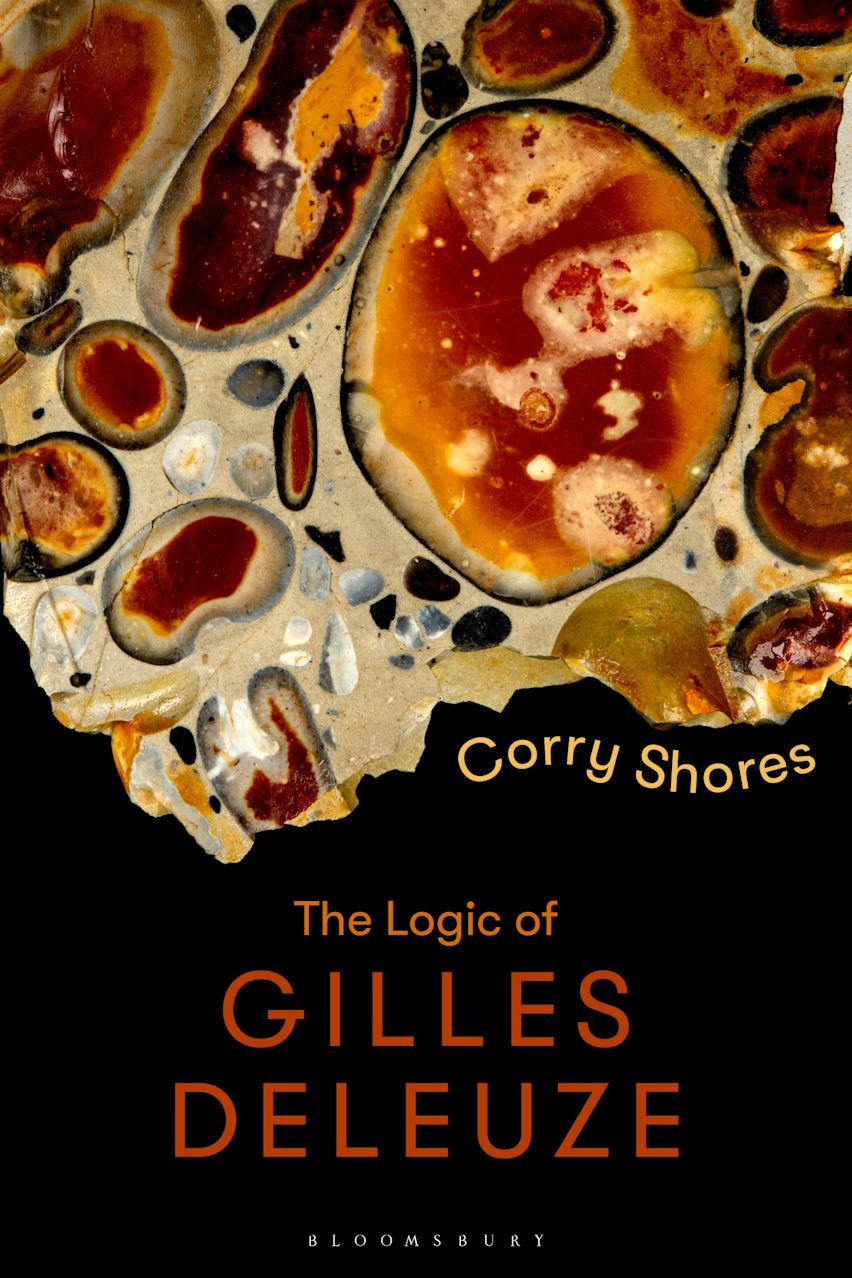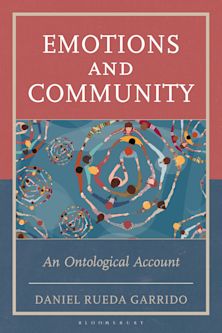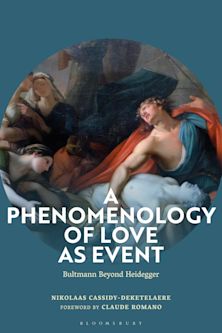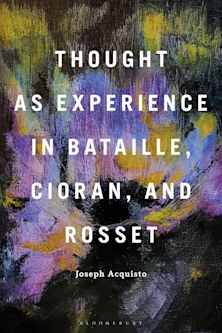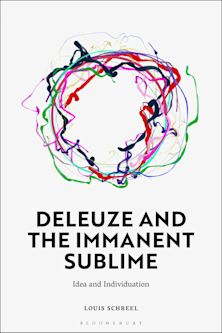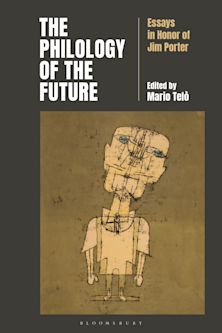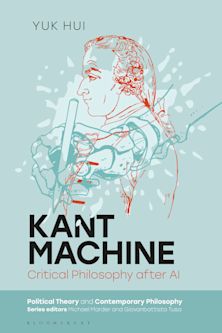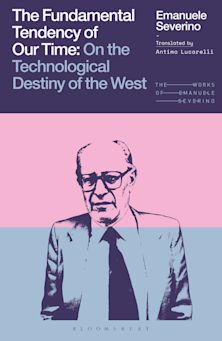Description
French philosopher Gilles Deleuze wrote two 'logic' books: Francis Bacon: The Logic of Sensation and The Logic of Sense. However, in neither of these books nor in any other works does Deleuze articulate in a formal way the features of the logic he employs. He certainly does not use classical logic. And the best options for the non-classical logic that he may be implementing are: fuzzy, intuitionist, and many-valued. These are applicable to his concepts of heterogeneous composition and becoming, affirmative synthetic disjunction, and powers of the false.
In The Logic of Gilles Deleuze: Basic Principles, Corry Shores examines the applicability of three non-classical logics to Deleuze's philosophy, by building from the philosophical and logical writings of Graham Priest, the world's leading proponent of dialetheism. Through so doing, Shores argues that Deleuze's logic is best understood as a dialetheic, paraconsistent, many-valued logic.
Table of Contents
Introduction: The Logic of Magic and the Magic of Logic
Part I: Dis-composition and Dis-identification
1. Becoming Dialetheic: The Logic of Change
2. Enter the Puddingstone: Demonic Gluonics
3. Sorcerous Conceptions: Deleuze's Philosophy of Thinking
Part II: Logic of Otherness: Negation, or Disjunction?
4. Alternance and Otherness
5. Truth and Bifurcation: Leibniz and the Stoics
6. Wisdom without Logic: Intuitionism
Part III. Falsity
7. False Movements
8. False Creations
Notes
References
Index
Product details

| Published | 15 Oct 2020 |
|---|---|
| Format | Ebook (PDF) |
| Edition | 1st |
| Extent | 312 |
| ISBN | 9781350062252 |
| Imprint | Bloomsbury Academic |
| Illustrations | 30 bw illus |
| Series | Bloomsbury Studies in Continental Philosophy |
| Publisher | Bloomsbury Publishing |
Reviews

ONLINE RESOURCES
Bloomsbury Collections
This book is available on Bloomsbury Collections where your library has access.











